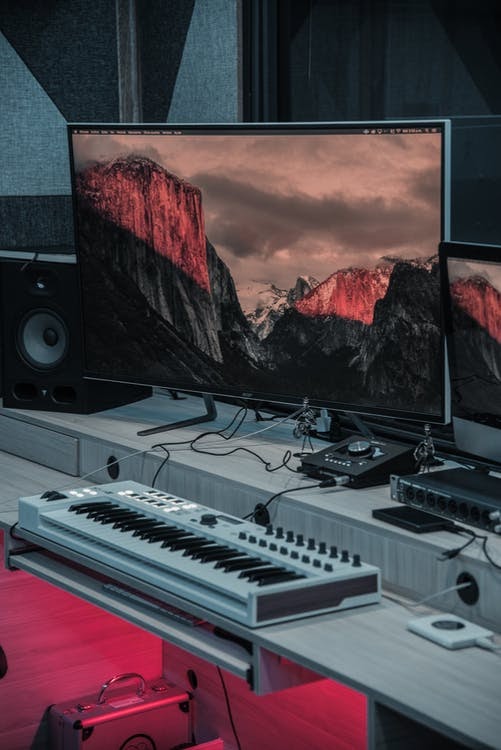The best audio recording devices for musicians and audiophiles all have something in common: they produce high-quality sound. But the type of device you choose will depend on your needs. For example, if you need to record a live performance, like a recital or concert, you might want to use either an analog or digital recorder. On the other hand, if you’re just trying to record your voice for demos or podcasts, then an app might be all that you need. Either way, there are plenty of options available to help you get the perfect sound quality for your project.
Recording Devices for Live Performances
In the past, musicians would use analog recording devices to capture their music. Analog recording devices are bulky, but they produce a high-quality sound.
Digital recorders offer a more portable and affordable option for musicians who want to record live performances. Digital recorders can be used with an external microphone or without one, making them a good choice for any type of performance.
Both analog and digital recording devices have their strengths and weaknesses, so it’s important to learn about both before you make your decision. To help you decide which device is best for your needs, here are some pros and cons for each type:
Analog Recording Devices:
+ Produce high-quality sound
+ Can be used as a mic stand
+ Recordings can be edited without any loss in quality
– Bulky and difficult to transport – Require an external microphone
Digital Recorders:
+ Portable and easy to use
– Produce lower-quality sound
– No editing
The Importance of Sound Quality
Sound quality is something that musicians and audiophiles take very seriously. And for good reason! Sound quality can make or break everything, from a concert or recording to your podcast.
How do you know if you have the best sound quality? It’s all about balance. If your audio is one-sided—too much bass, for example—then it’s not balanced enough. When it comes to sound, the term “quality” encompasses both fidelity and dynamics. Fidelity refers to how faithfully recorded sounds are replicated in sound playback. Dynamics are how well different volumes in the music are captured when it’s being played back at home.
The best balance of these two factors produces high-quality sound, which is what you want when recording music or listening in on any occasion.
How to Choose the Right Device
Before you invest in a device, it’s important to think about your needs. What do you want to use the audio recording device for? If you need to record live performances, then an analog or digital recorder might be the best option. However, if you’re just trying to create demos or podcasts, then an app might be all that you need.
Just remember that whichever recording device you choose, it should have certain features. For example, your chosen device should have good sound quality and its buttons should be easy to use.
Conclusion
After reading this article, you should have a better understanding of what audio recording devices are out there. You should also have a better understanding of the importance of sound quality.
Hopefully, you’ve been able to find a device that will work for your needs, and if not, you should feel a little more knowledgeable about the subject.

